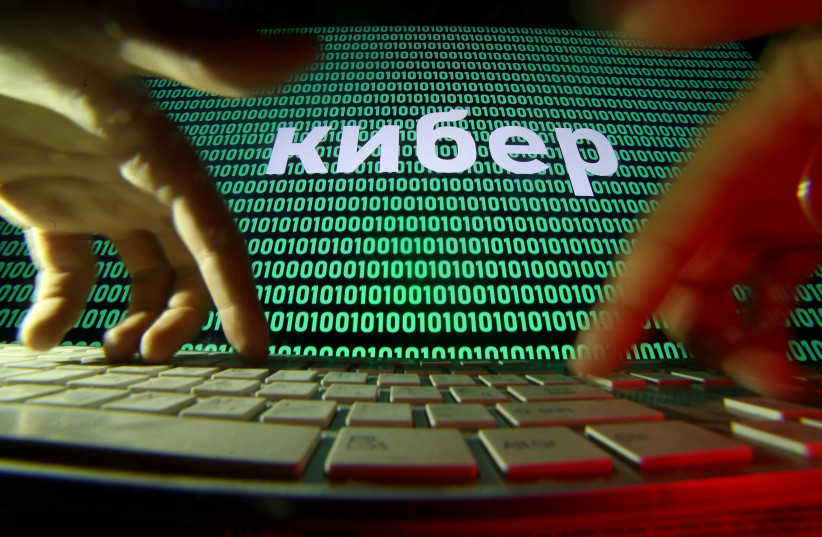We now mark a year of war in Ukraine, which is, of course, if we start counting from February 24, 2022. The information war, on the other hand, is about a decade long, if not longer.
Information warfare and influence operations are the terms used to describe a wide range of activities that are aimed at influencing populations, decision-makers and other interest groups so that their mindset and behavior serve the goals of the deploying side.
That can include the use of social media, diplomacy, military actions, communications, psychological warfare, disinformation and more or a combination of all the above to promote a desired narrative.
How has Russia used information warfare?
Information warfare has been an important tool in the Russian arsenal ever since the Soviet times. It was used to support a friendly regime or destabilize a hostile regime, demoralize populations, question the democratic system, etc. It later came to be known as the KGB’s active measures.
After the Soviet Union collapsed, information warfare was reintroduced into the Russian national security doctrine. Russia came to realize that it is lacking the conventional capabilities to match the West on the battlefield. The so-called Russian hybrid warfare offered information warfare as one of the non-conventional capabilities to level the field in Russia’s favor.

The more the West will be occupied dealing with domestic unrest and turmoil, the less attention and motivation it will have to take on Russia. That concept and method of operation are not limited to the West alone. Cases of Russian information warfare and influence operations were recorded during the Black Lives Matter protests, the yellow vests protests in France, Brexit and other instances. The method usually includes amplifying extreme messages from both sides of the debate to fuel disagreement and unrest.
Ukraine experienced years of information warfare prior to the invasion last year, even prior to the Crimea annexation. The information warfare included a variety of narratives aimed at promoting a more pro-Russian attitude among Ukrainians, which included messages of shared history, nostalgia, culture and more. The disinformation effort prior and during the Crimea invasion appeared to be successful in creating confusion among Ukrainians, which enabled a quick Russian takeover of the peninsula.
Prior to the invasion last year, a set of narratives aimed to promote distrust in the Ukrainian government and political system, as well as its Western allies, was deployed. On a global scale, Russia’s information efforts appear to remain effective in the Southern Hemisphere to this day, as the southern states of the globe remain on the fence regarding Ukraine and maintain close relations with Russia. One of the leading narratives in that regard is tapping into the anti-colonial sentiment.
The Ukrainian case teaches an important lesson: Israel should pay extremely close attention to information warfare attempts, especially at this time, when Israel’s social and political fabric is being stretched and tensions are running high. This is a particularly comfortable time for various hostile agents, like Iran, to take advantage of the situation and try to hurl Israelis at each other.
That kind of attempt was already recorded during the Ethiopian protests and it’s highly probable it wasn’t the only one. That is why top Israeli security officials, past and present, warn that a division within Israeli society is nothing short of a strategic threat.
The writer is a strategic consultant who specializes in information and influence operations.
